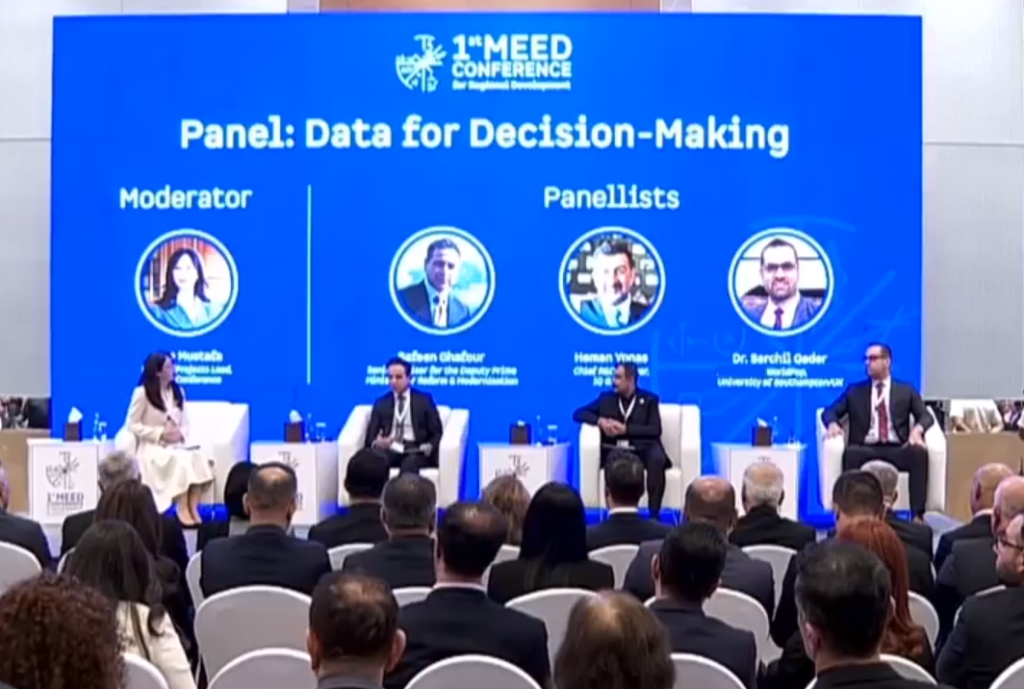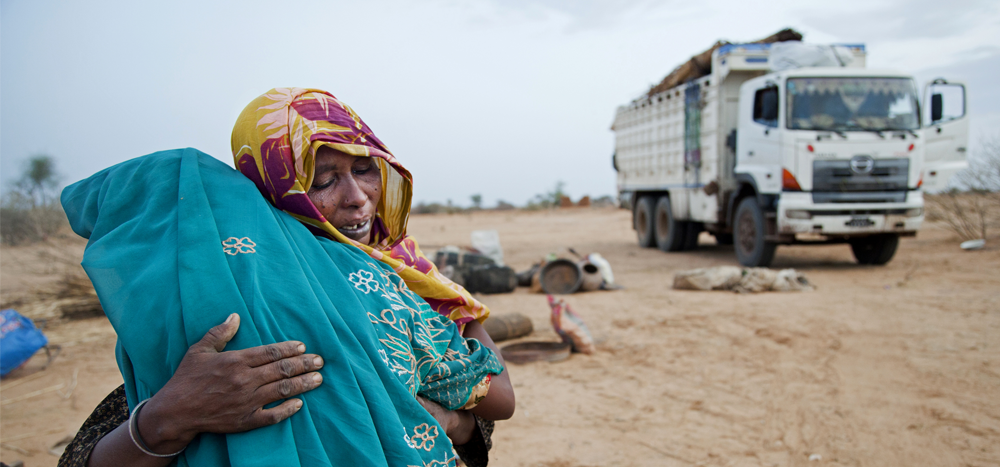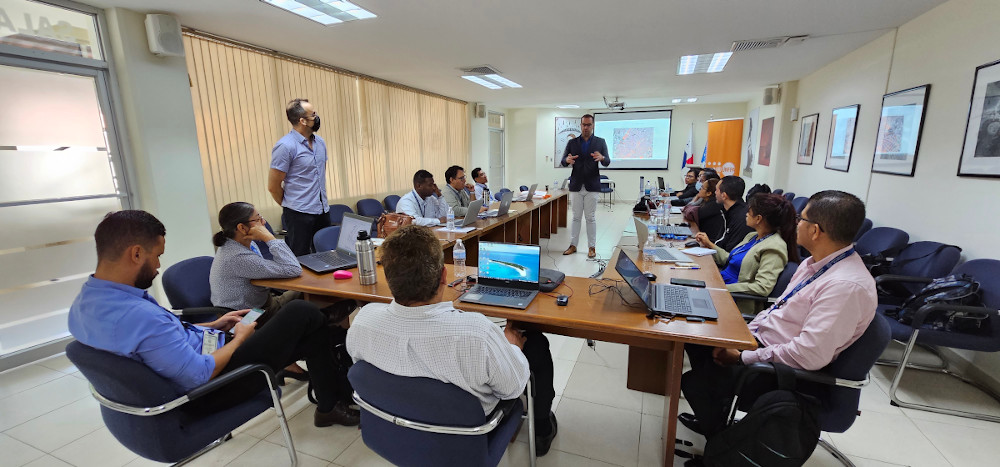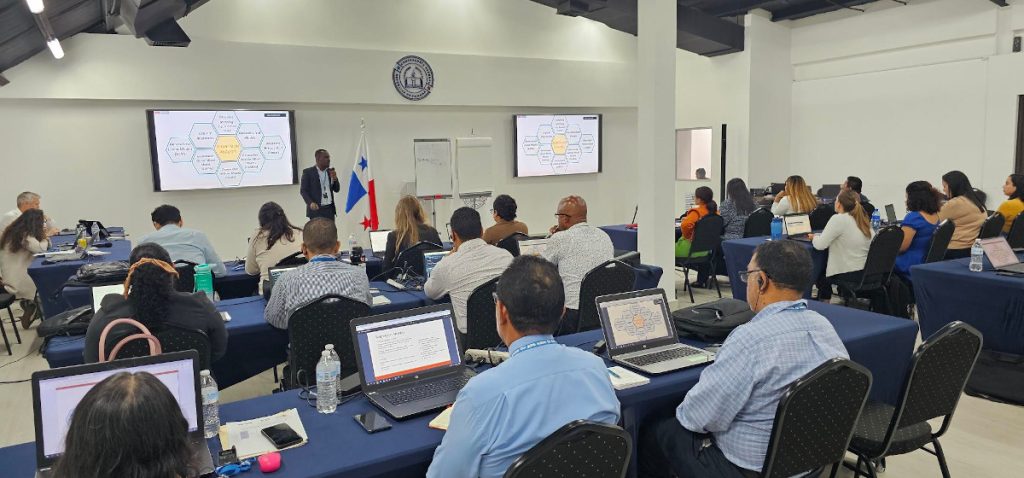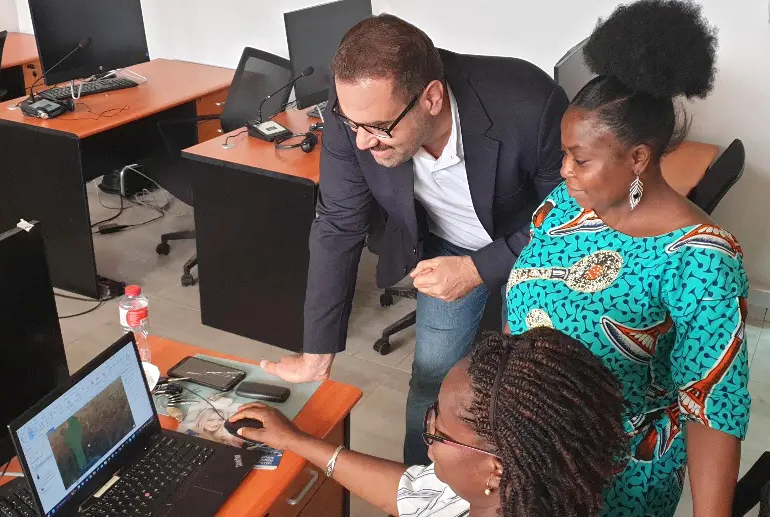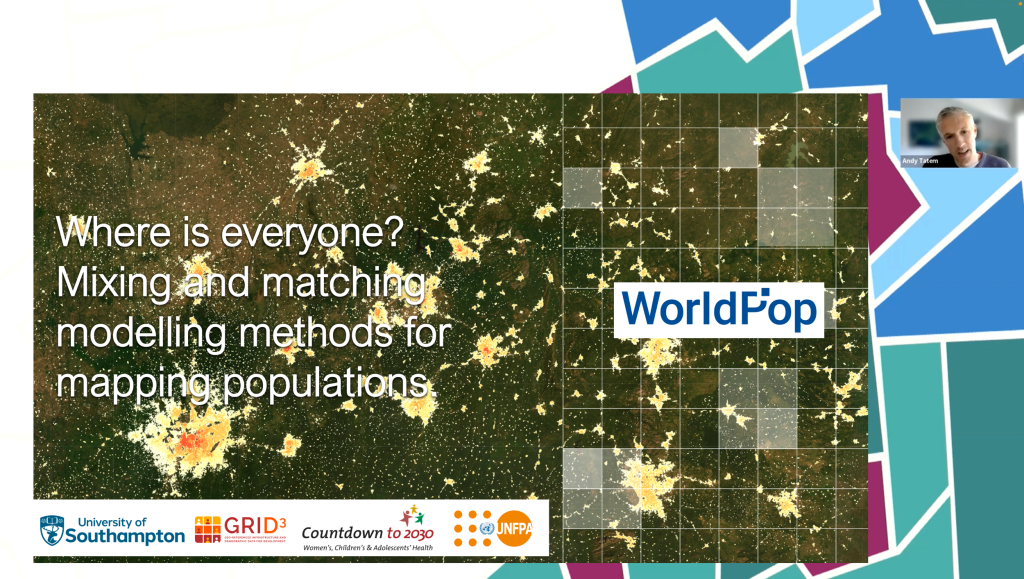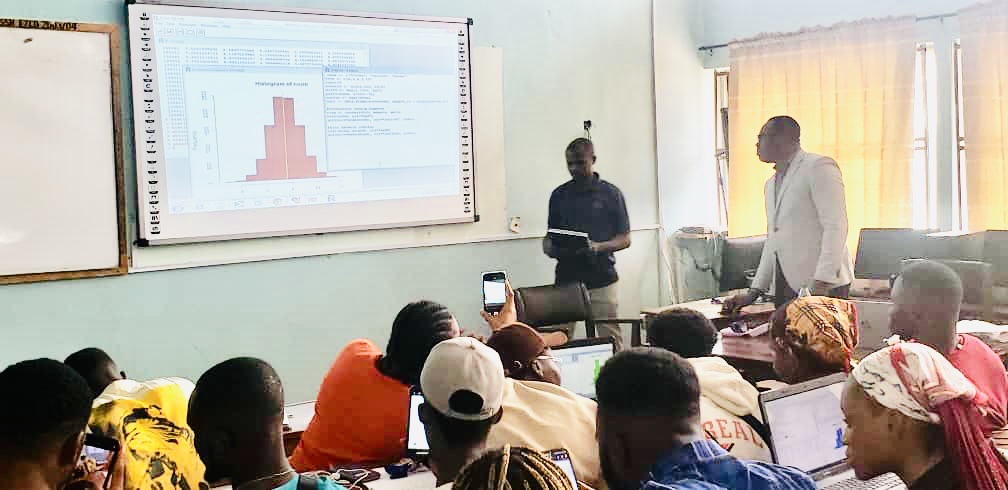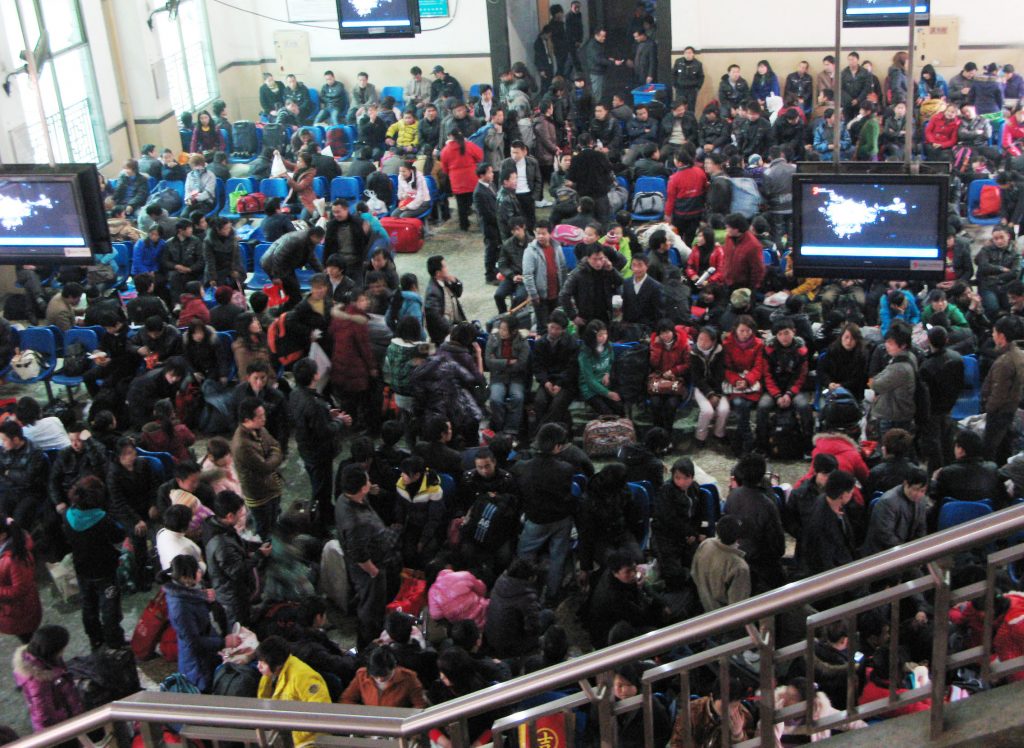Data and regional development in Iraqi Kurdistan
Senior Research Fellow Dr Sarchil Qader recently participated in the Data for Decision-Making panel discussion at the 1st MEED Conference for Regional Development in Sulaymaniyah, Kurdistan Region of Iraq. Regional development in Iraq is compromised because the country has not conducted a census in several decades. During the debate Dr Qader explained how new satellite […]
Data and regional development in Iraqi Kurdistan Read More »

